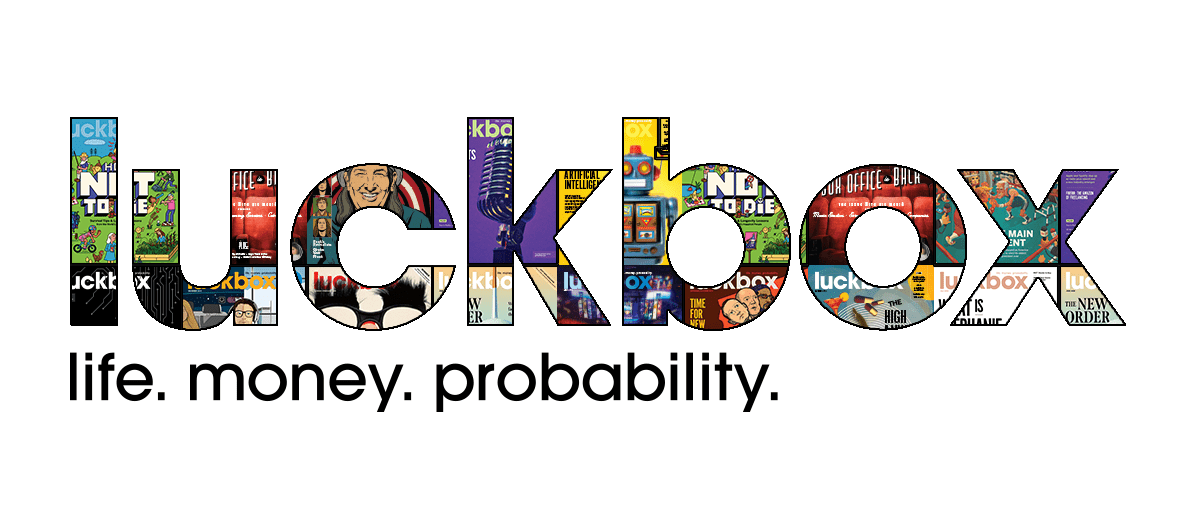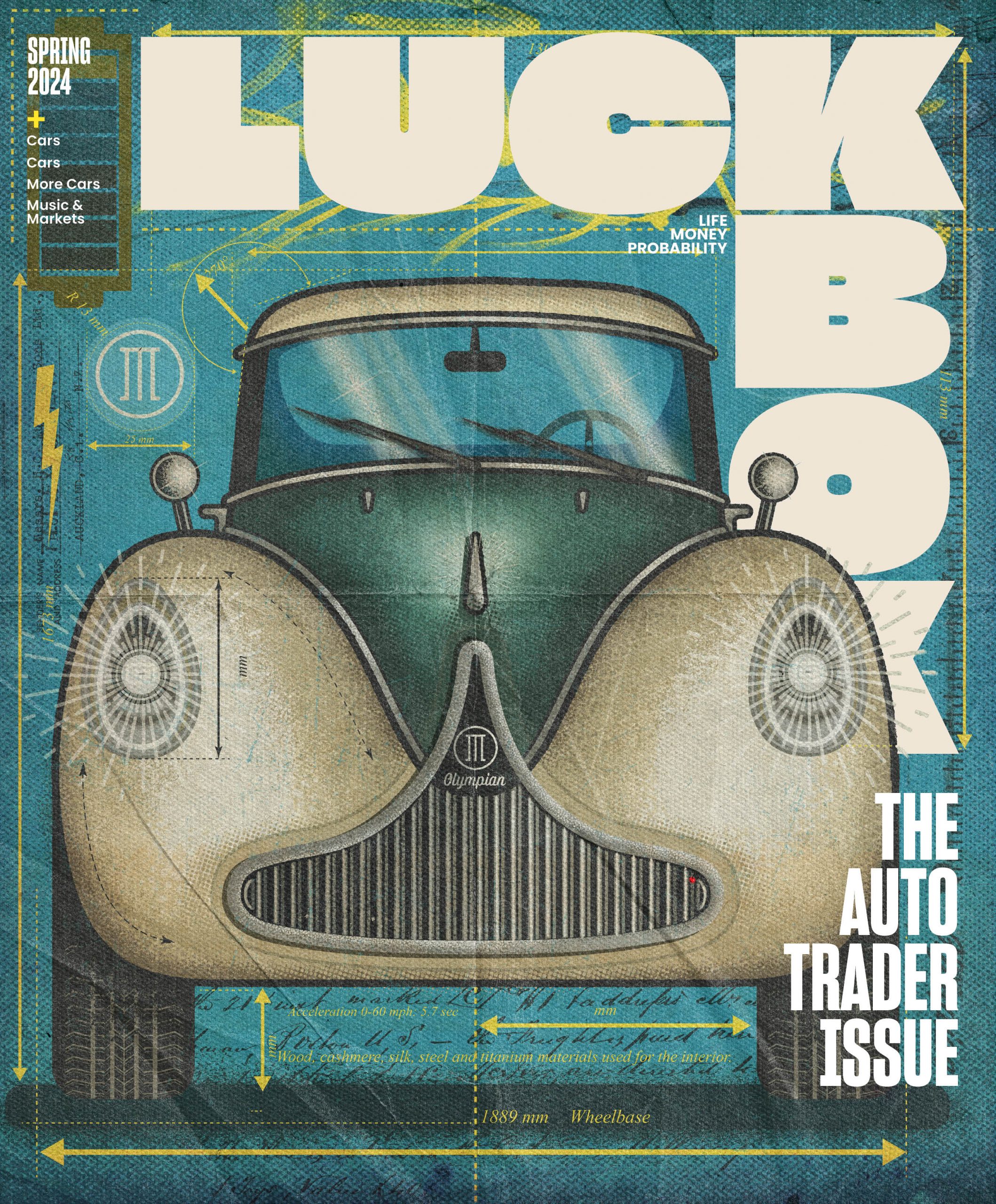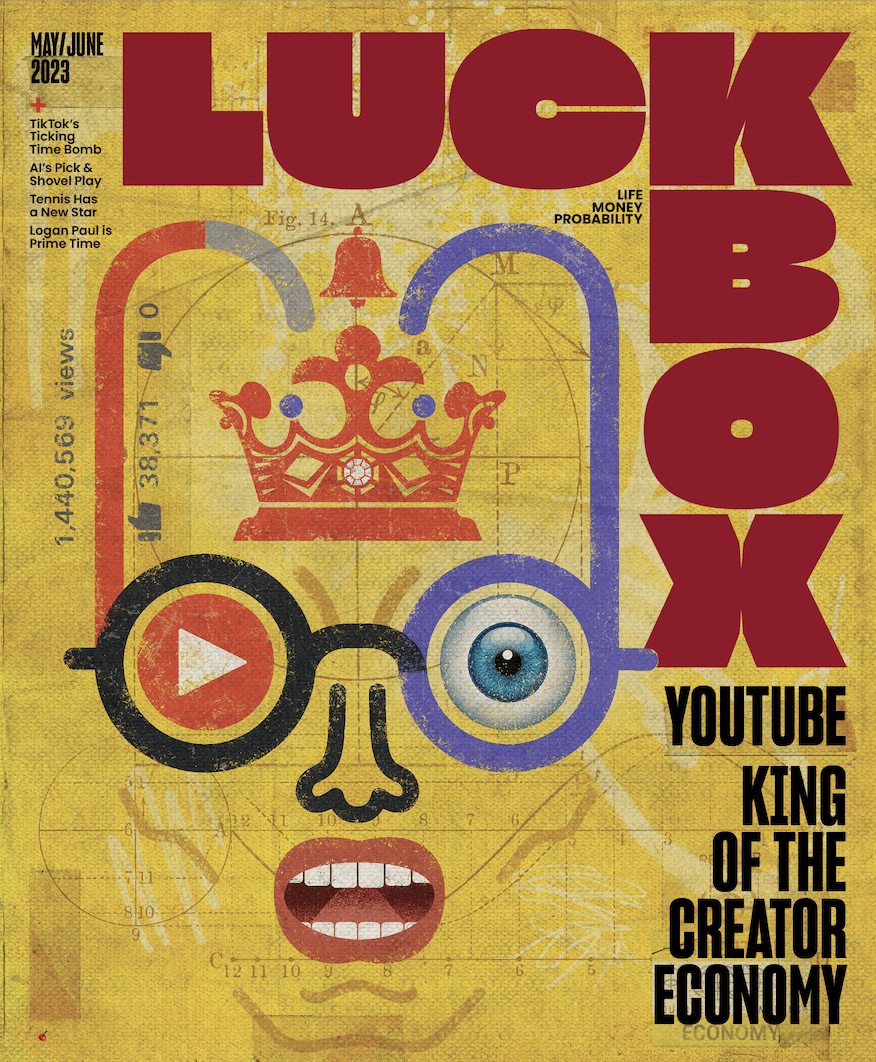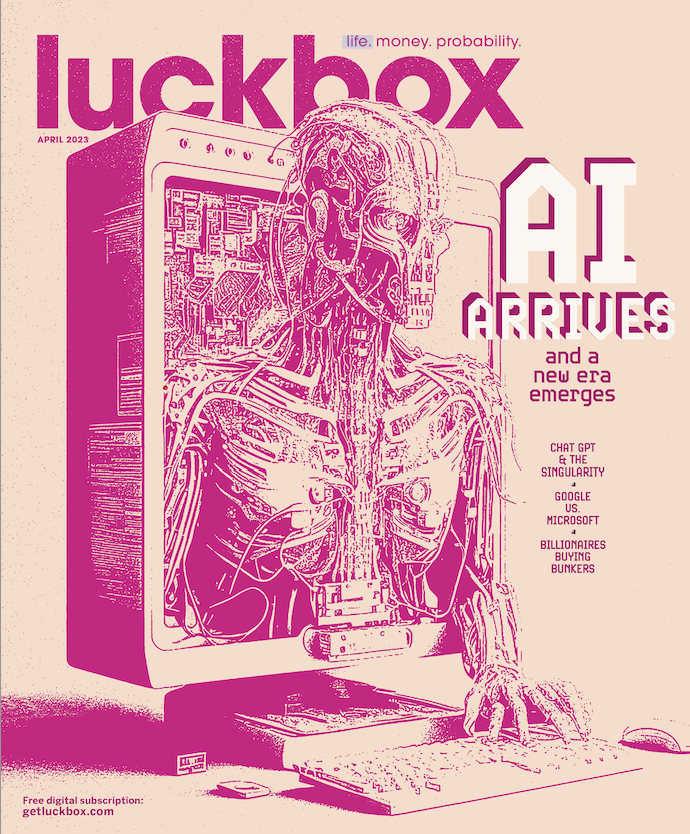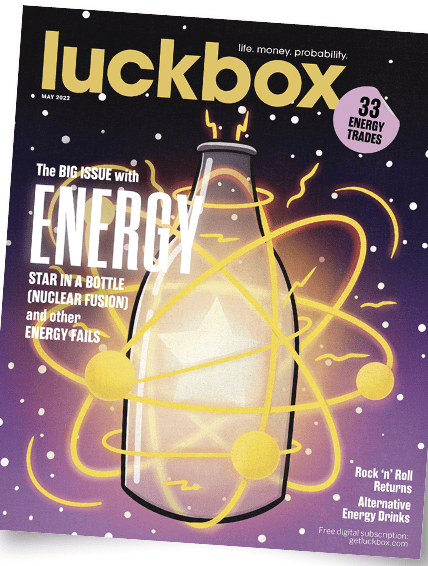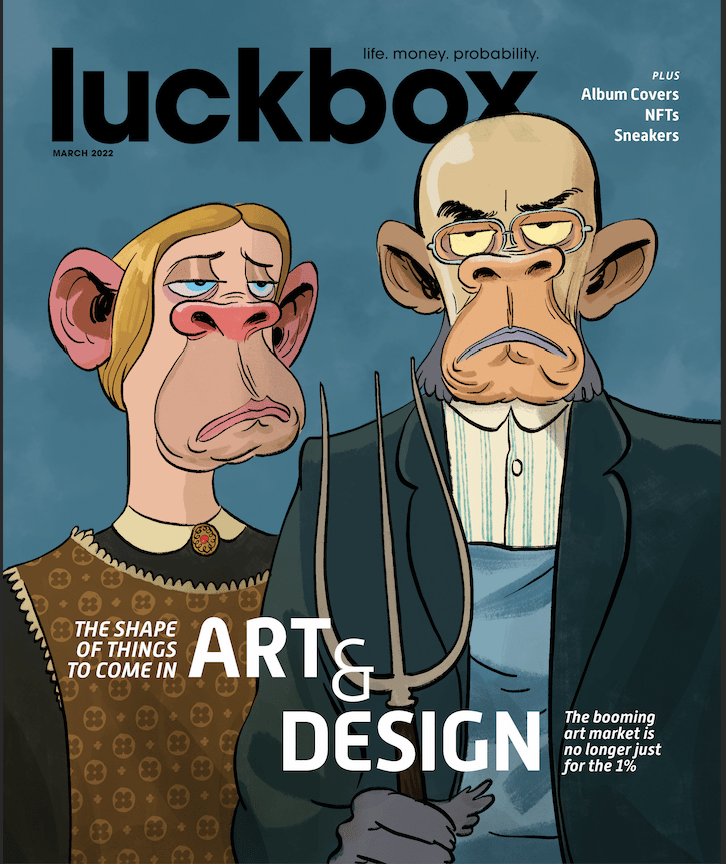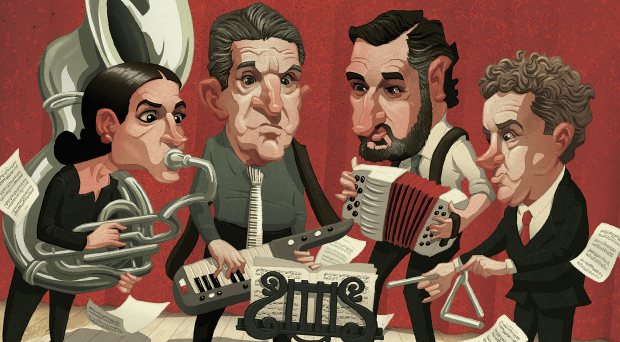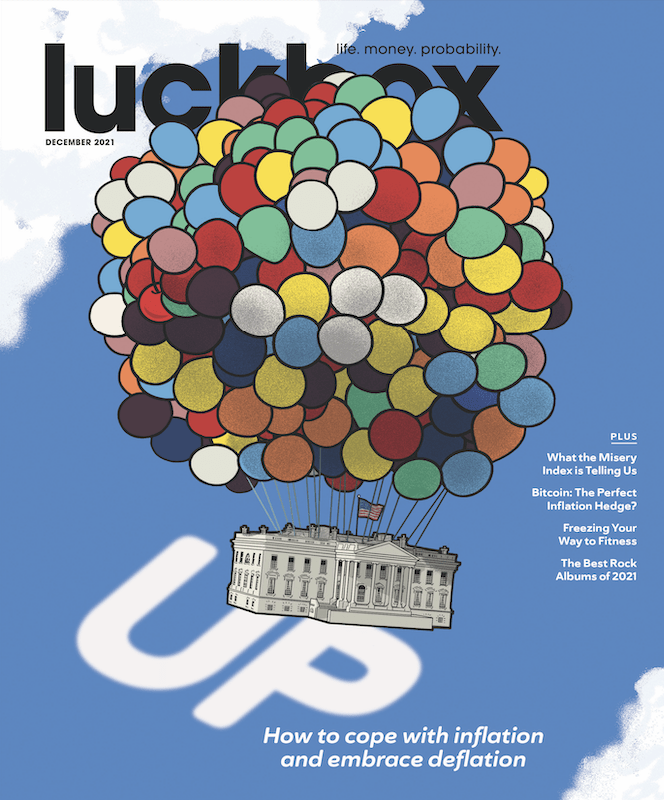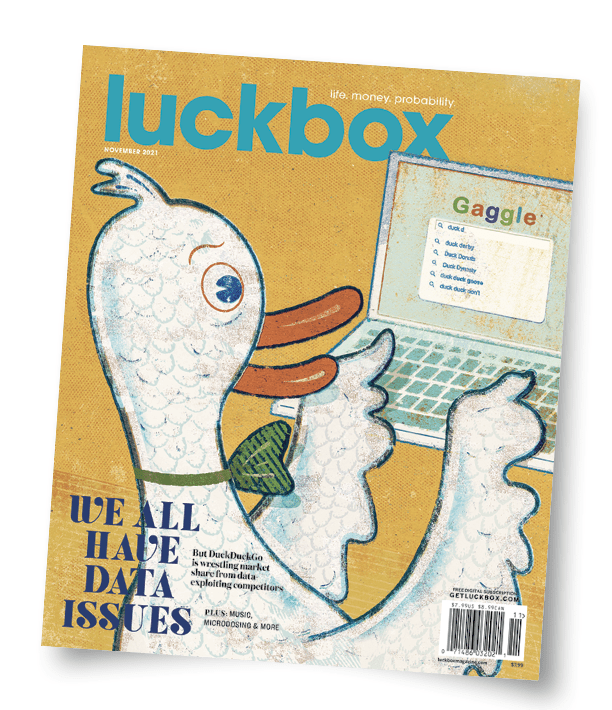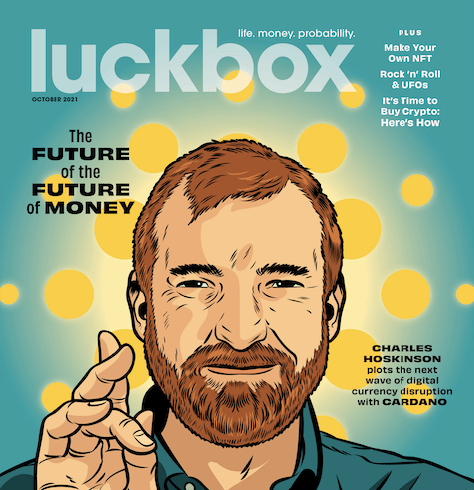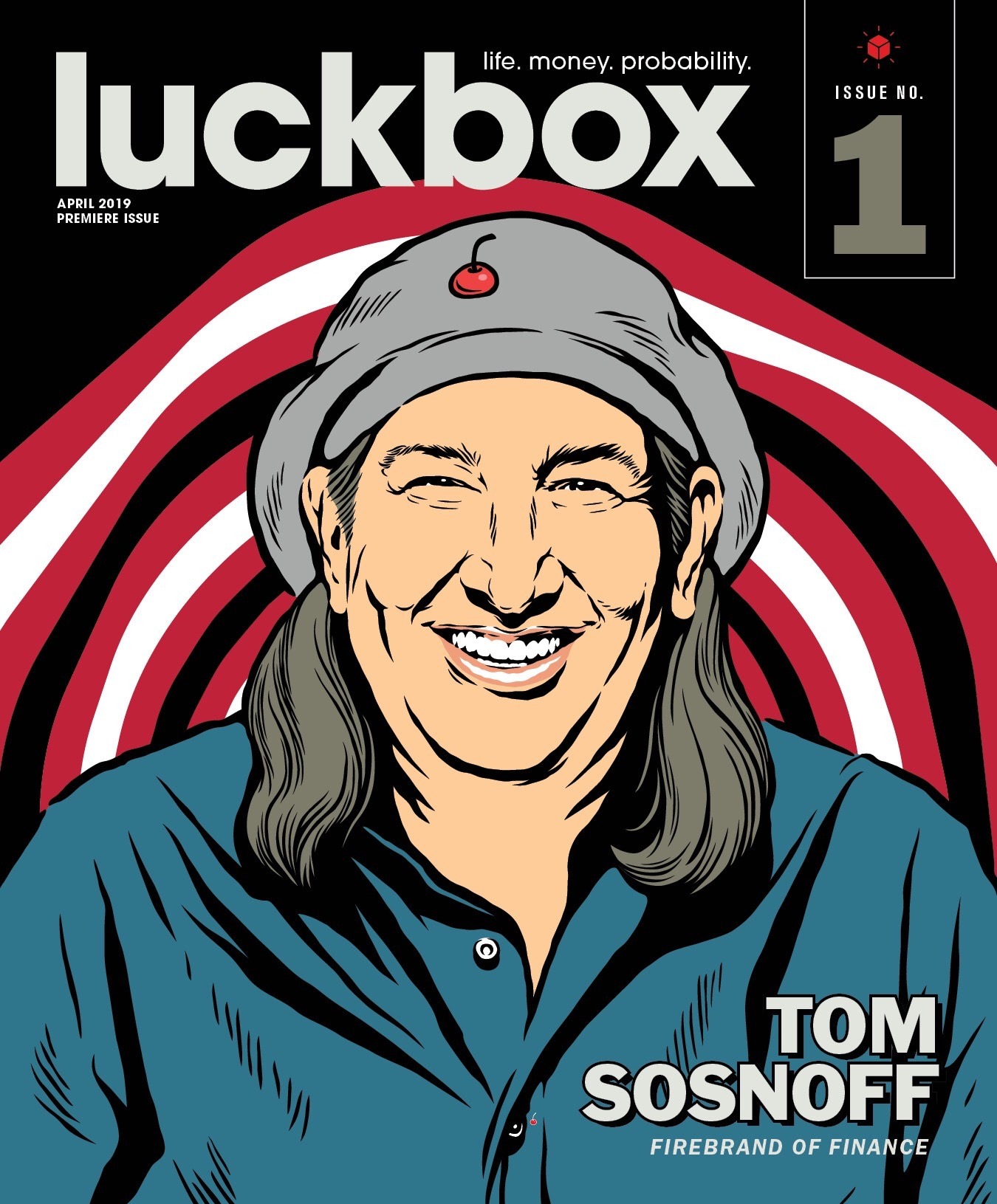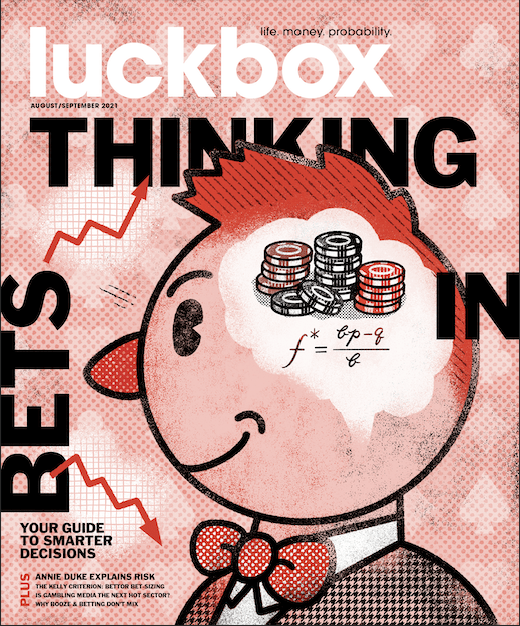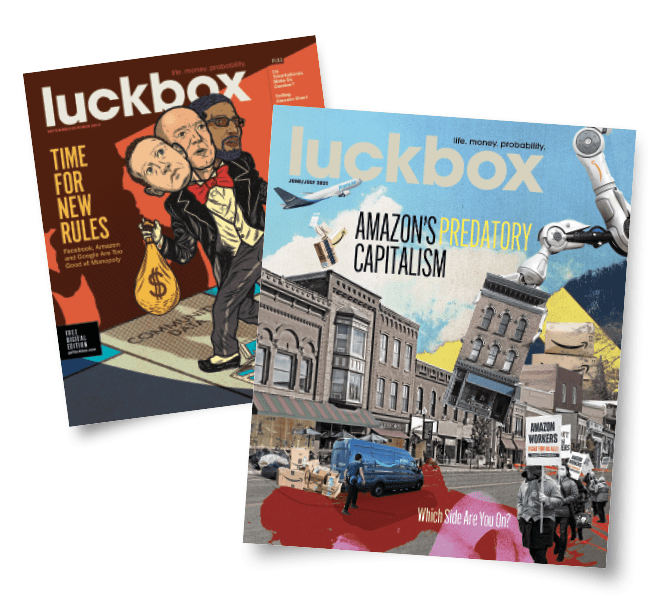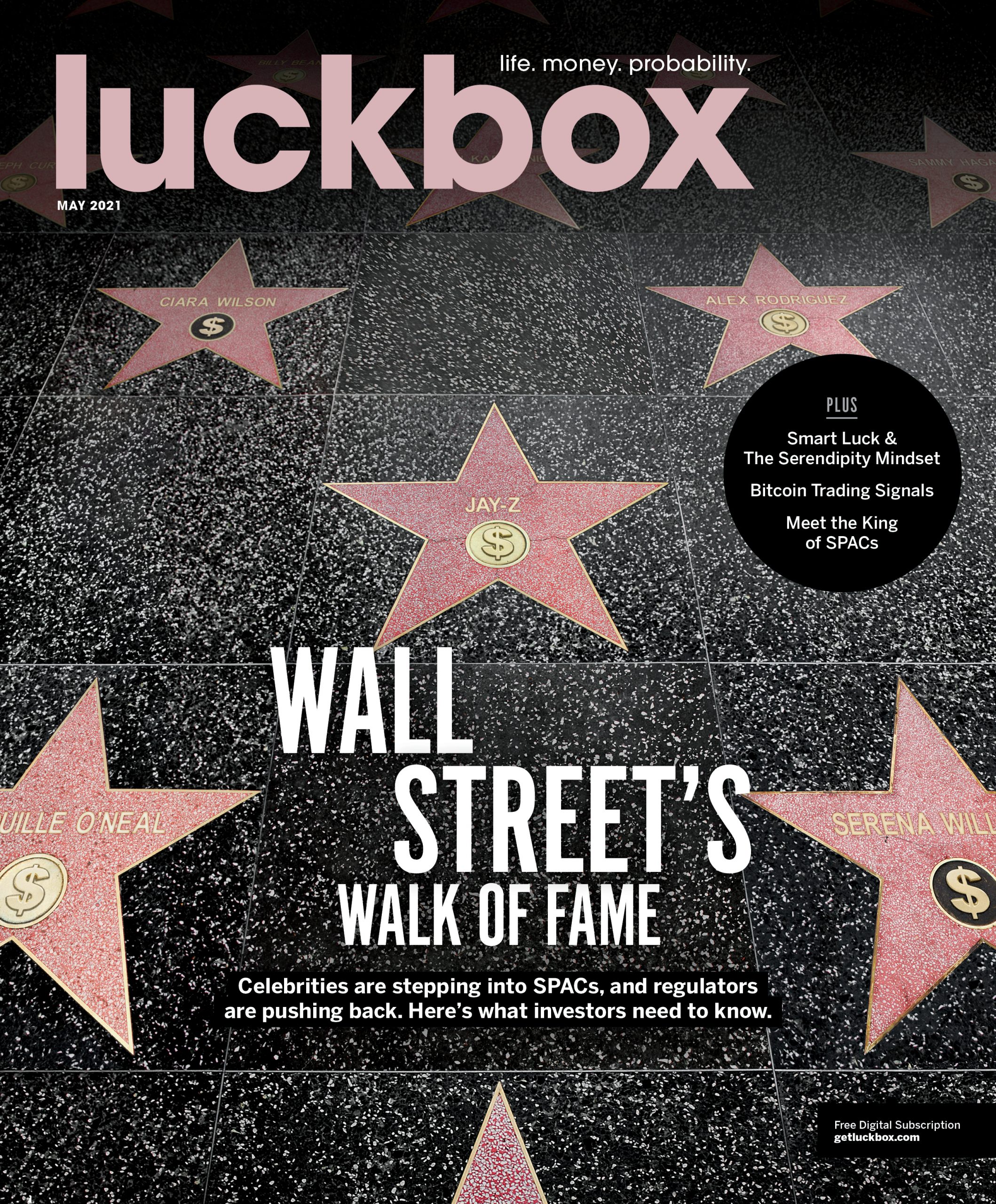HYPE, SIGNAL & NOISE
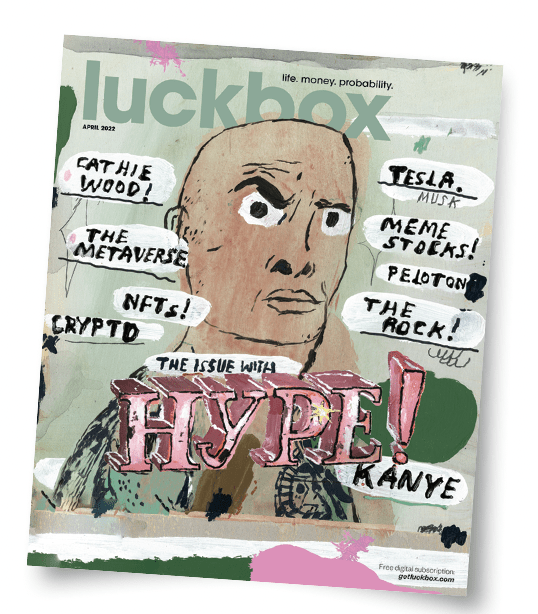
Luckbox examines data, trends, probabilities and human behavior to find better ways of handling our money and living our lives. It’s a process that requires the ability to distinguish between signals and noise.
Signals are defined as useful, actionable messages based on verifiable facts. Anything inaccurate, incomplete or deceptive qualifies as noise.
But lately, we’ve discerned an unsettling uptick in noise.
We’re overwhelmed by the relentless self-promotion of influencers, marketers, hucksters, so-called investment gurus and tech industry “analysts”—all of them peddling some supposedly disruptive new technology or pitching an uninspiring new way of looking at something old.
That’s why the time seems right for a hype-themed issue of Luckbox. It’s an opportunity to assign some magniloquent messaging to the noise bin.
So where do we start?
Well, hype predates stone tools, but there’s lingering disagreement over what the word really means. For some, it suggests deception, manipulation and con games. Others regard it as neutral—anything that succeeds in grabbing and holding the public’s attention.
We’re subscribing to the idea that hype’s neutral. It’s the broader viewpoint that covers about twice as much territory as the narrower interpretation.
Our reflections on hype begin in this issue with an exploration of the fanaticism surrounding Peloton stationary bikes. The brand has ridden a wave of hype to achieve extraordinary results in terms of sales and valuation, but reality may be rearing its ugly head.
Next comes a historical account of hype in America. The nation’s three centuries of bombast began with the first newspaper ad and continue to this day with disagreements about the role of the internet.
We follow that survey of the sweep of history by creating word portraits of three masters of hype.
First, there’s the tale of The Rock. He parlayed the fame he won as a wrestler into a second career as an actor and a third as a spirits and beverage entrepreneur. Now, rumors are flying about a possible presidential run. Who could provide a better example of reshaping and repurposing hype than the man also known as Dwayne Johnson?
Next, Luckbox analyzes the past successes and uncertain future of Cathie Wood, who’s been described as one of the most influential money managers of the last decade. Is Wood the latest hyped investment guru or truly a hot hand?
Third, we visit Ye—the rapper, business magnate, fashion maven, music industry disruptor, former political candidate and self-proclaimed God who was formerly known as Kanye West. And Ye’s far from finished—he earned the biggest single-day Spotify streaming total for any artist in 2021. His accomplishments and controversies make him the embodiment of hype.
But hype isn’t confined to individuals. In fact, hype can be as all-encompassing as the metaverse, the new unreality that’s touted as a companion to the good old universe we’ve grappled with our entire lives. That’s another subtopic for this issue.
So, consider this edition of Luckbox a test: See if you can separate the signal from the noise in this abundance of hype.
Here’s something to get you started: Booyah!

